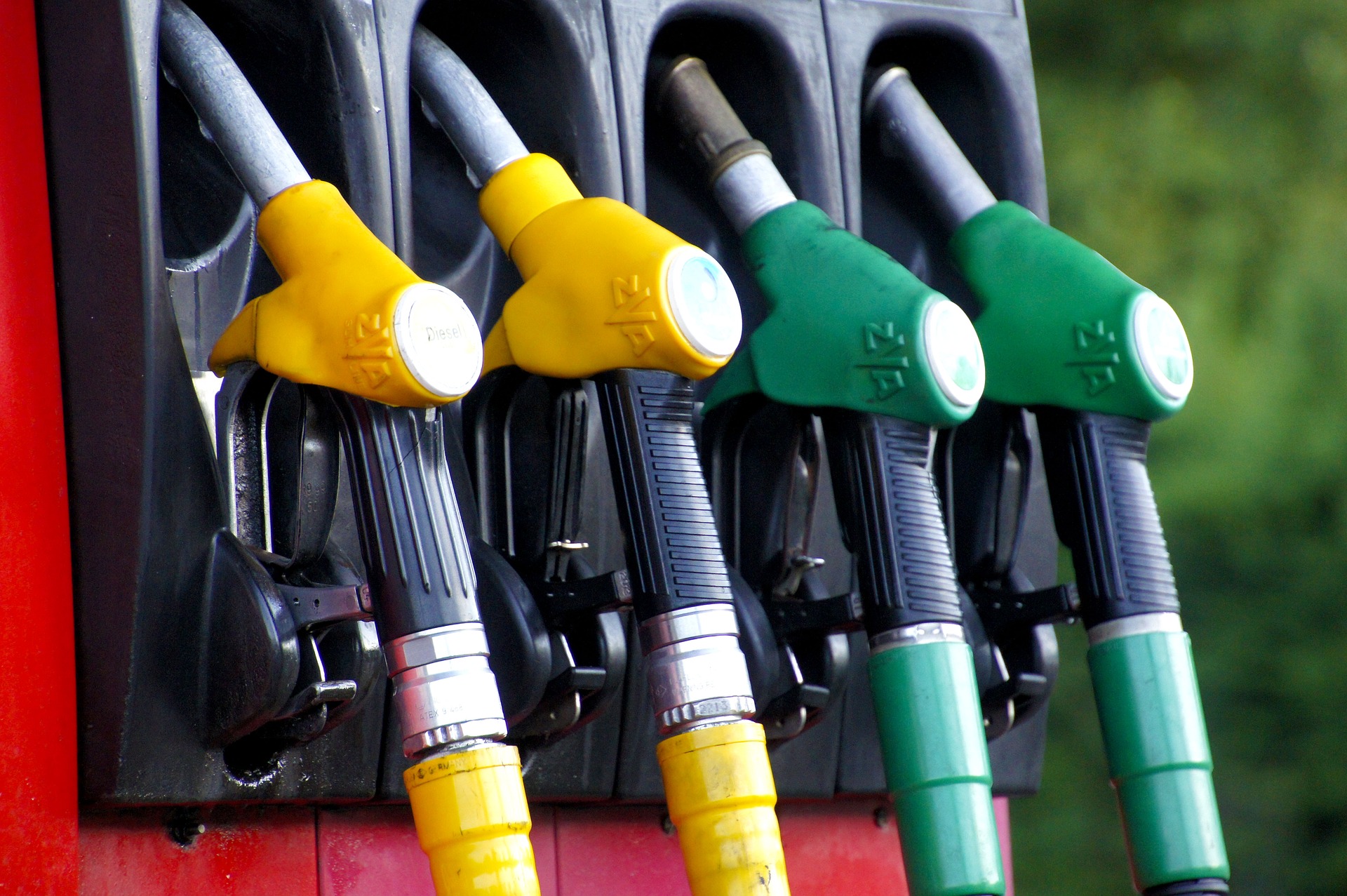Expert speakers at ACFO’s third webinar announced that diesel will “absolutely” remain a key fuel and an “indispensable” part of the air quality solution, but electric vehicles were now “mainstream and now a compromise”.
Volkswagen, which sponsored the webinar, has announced it will be spending more than €50 billion on battery technology in the next two years and €20 billion on electric vehicles with an expectation that by 2021 electric vehicles will account for 10% of UK brand sales.
The total cost of ownership for the equivalent Volkswagen Golf model, also known as I.D, will be on a par with the diesel variant and have a range of 300-500 kms depending on model, according to Doug Hyett, national fleet sales manager at Volkswagen UK.
“Fleet fuels are changing with a shift towards battery electric vehicle and plug-in hybrid electric vehicles, but diesel is still a huge part of the mix. The modern diesel engine is an indispensable part of the solution as it has improved dramatically over the years in terms of efficiency and environmental performance,” said Doug.
The Anglian Water Services fleet currently comprises 700 company cars, 1,800 vans and 200 HGVs and, head of fleet services Stewart Lightbody, an ACFO member, is aiming for a 100% electric fleet. Furthermore, building on the introduction of one plug-in hybrid van, Mr Lightbody is using in-vehicle telematics data to provide critical insight into light commercial vehicle usage. As a result, he is mapping where it is possible that plug-in vans can replace diesel units.
“Fleet managers do not have to convert every vehicle to electric today because that is not viable, but they can make a start. Where we can introduce electric vehicles we will. We are starting where the decision is obvious and we will expand the number of electric vehicles on the fleet over time as vehicle battery range improves and manufacturer model choice increases,” Lightbody concluded.












